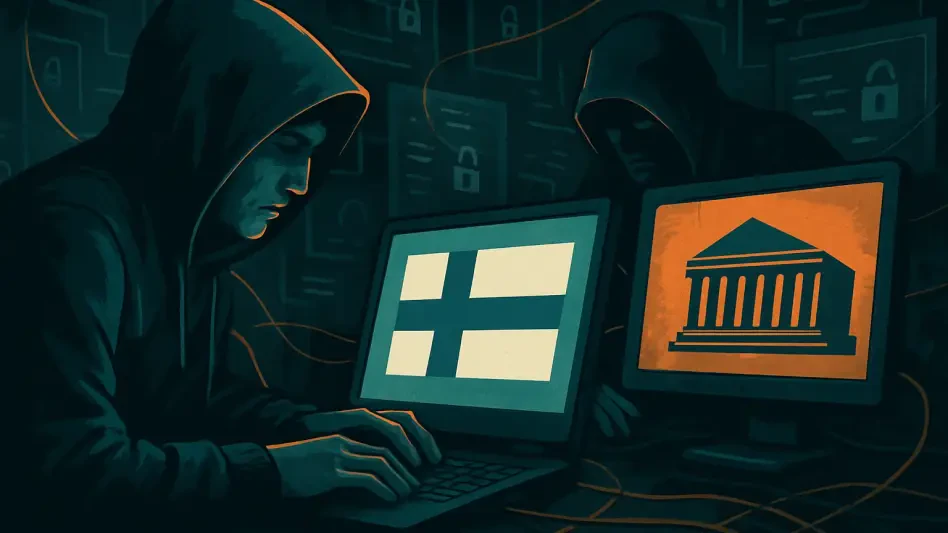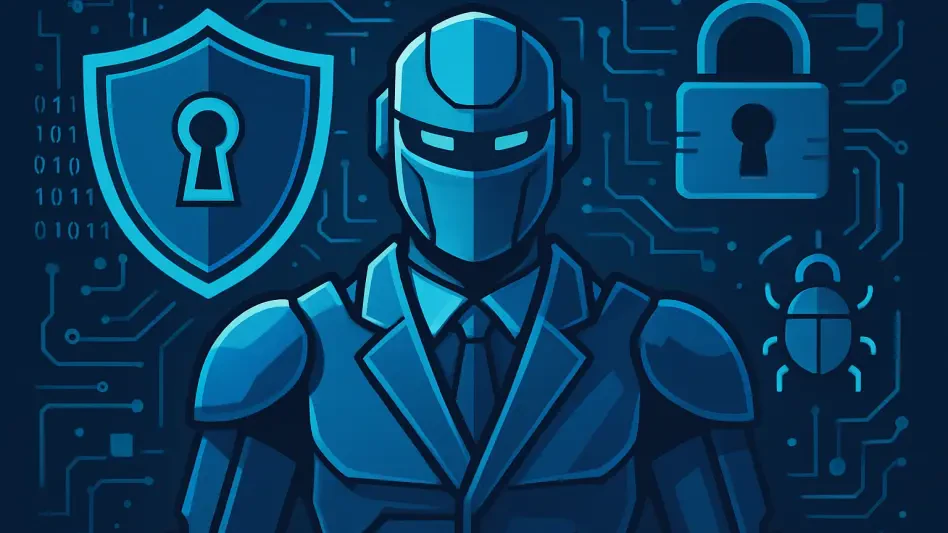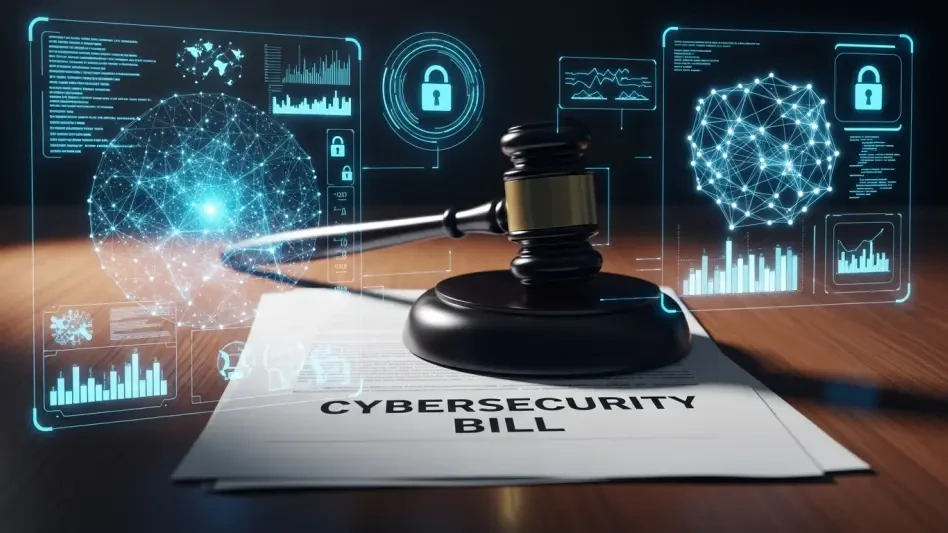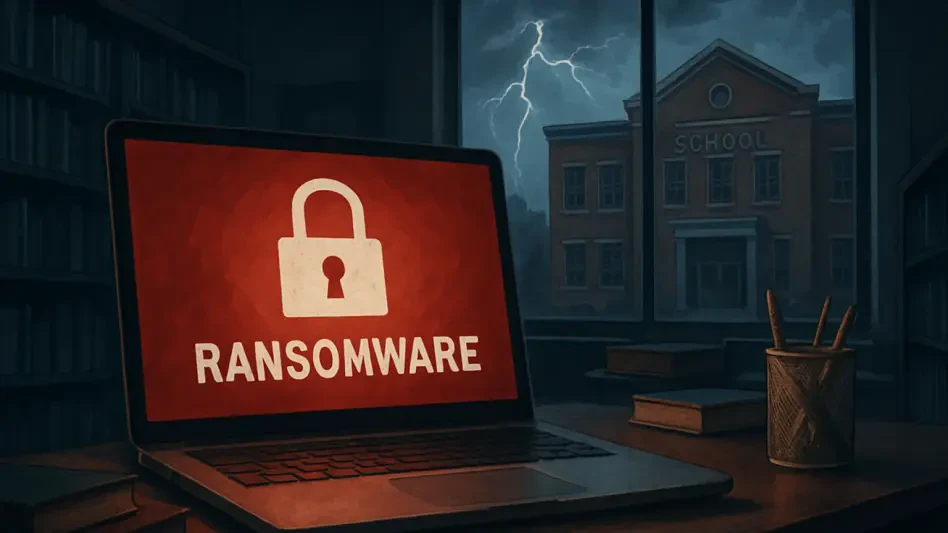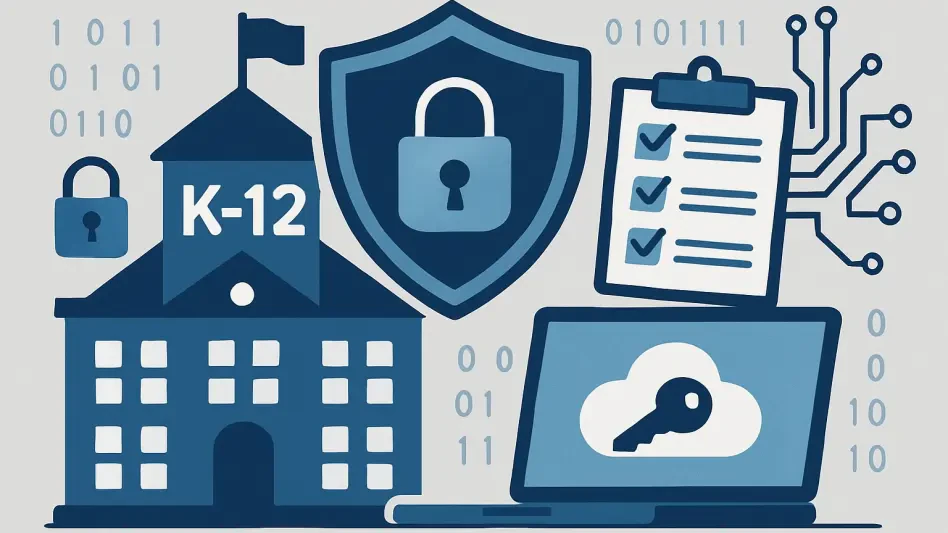In the face of the Trump administration’s extensive layoffs and aggressive actions that targeted Federal employees, the House Homeland Security Committee’s Democratic members have decided to withdraw their support for the Cyber PIVOTT Act. This bill, championed for its mission to bolster the nation’s cybersecurity workforce through targeted training programs and Federal scholarships, now stands on shaky ground. Acting against a backdrop of nearly unprecedented instability in Federal employment, exacerbated by extensive layoffs affecting nearly 100,000 Federal workers—including many probationary employees with minimal experience—Democrats have raised significant concerns. The ripple effects of this decision are profoundly felt in the cybersecurity domain, a field that increasingly underpins national security.
The Cyber PIVOTT Act was originally introduced with broad bipartisan support. Democratically aligned members of the House saw the bill as a crucial tool for creating a robust cybersecurity workforce. This workforce would receive specific training and respond to a critical national need by committing two years of service in government cybersecurity roles. Committee Chairman Mark Green, hailing from Tennessee, emphasized the bill’s significance, underlining the necessity of safeguarding national networks from persistent and evolving cyber threats. To him, the act represented not just a legislative endeavor but a fortified line of defense against potentially devastating cyber incidents.
Withdrawal of Democratic Support
However, the tides dramatically shifted when Democratic members, notably Committee Ranking Member Bennie Thompson from Mississippi, began voicing opposition. Their central argument pivoted on the dissonance between promising Federal cyber jobs to community college students while hiring freezes and arbitrary firings plagued the present administration. Thompson and his fellow Democrats contended that under the current climate of uncertainty and frequent policy reversals, extending such offers would be fundamentally misleading. This sentiment resonated strongly with others, including Representative Sylvester Turner of Texas. Turner highlighted the reality of rescinded scholarship programs and the overarching instability, which he saw as counterproductive for promising students who could be disillusioned by a fragmented and demoralizing employment landscape.
Democrats were particularly focused on the implications for young scholars from community colleges who might invest significant time and effort into their education with the expectation of a stable Federal job, only to find these opportunities vanished due to administrative policies. They painted a picture of broken promises, which could not only disrupt individual career trajectories but also weaken public trust in the government’s ability to manage its workforce effectively. Further compounding the issue were executive orders that seemed to target Federal employees arbitrarily, creating an environment of suspicion and uncertainty that Democrats argued was not conducive to attracting and retaining top talent in cybersecurity.
Republican Counterpoints and National Security Concerns
Republicans, on the other hand, took a starkly different stance. They emphasized the critical needs of the Federal cyber workforce and cited national security concerns, arguing that bolstering cybersecurity capabilities must remain a top priority. Countering the Democrats’ points, Republicans, under Chairman Green’s stewardship, labeled their opponents’ position as counterproductive, jeopardizing national security by exacerbating an already significant shortfall in cybersecurity personnel. They highlighted the Cyber PIVOTT Act’s potential to uplift American students and simultaneously defend the nation against increasingly sophisticated cyber threats. Moreover, they posited that the bill would pave a clear pathway for talented individuals to serve the country, aligning patriotic duty with professional growth.
From the Republican perspective, the solution to the current workforce issues lay not in halting legislative progression but in reinforcing infrastructures that would support these roles. They criticized the Democrats for what seemed to be an abandonment of long-term national safety in favor of short-term political gains. In their view, the act offered a strategic approach to developing a pipeline of skilled cybersecurity professionals ready to confront and neutralize potential threats. This workforce, they argued, would become a cornerstone of the nation’s defense mechanism against digital espionage, terrorism, and other cyber-enabled maleficence.
Balancing Security Needs with Workforce Stability
Facing extensive layoffs and aggressive actions targeting Federal employees by the Trump administration, Democratic members of the House Homeland Security Committee have pulled their support for the Cyber PIVOTT Act. This bill, once heralded for aiming to strengthen the nation’s cybersecurity workforce through targeted training programs and Federal scholarships, is now weakened. The decision comes amid severe instability in Federal employment, including layoffs affecting nearly 100,000 Federal workers—many of whom are probationary employees with minimal experience. Democrats have voiced significant concerns, and the cybersecurity domain, essential for national security, is profoundly affected by this decision.
Initially, the Cyber PIVOTT Act enjoyed broad bipartisan support, seen as crucial for establishing a robust cybersecurity workforce trained to meet critical national needs and committing to two years of government service. Committee Chairman Mark Green of Tennessee emphasized the bill’s importance in protecting national networks from persistent cyber threats. For him, this act was not just legislative but a crucial defense against devastating cyber attacks.


